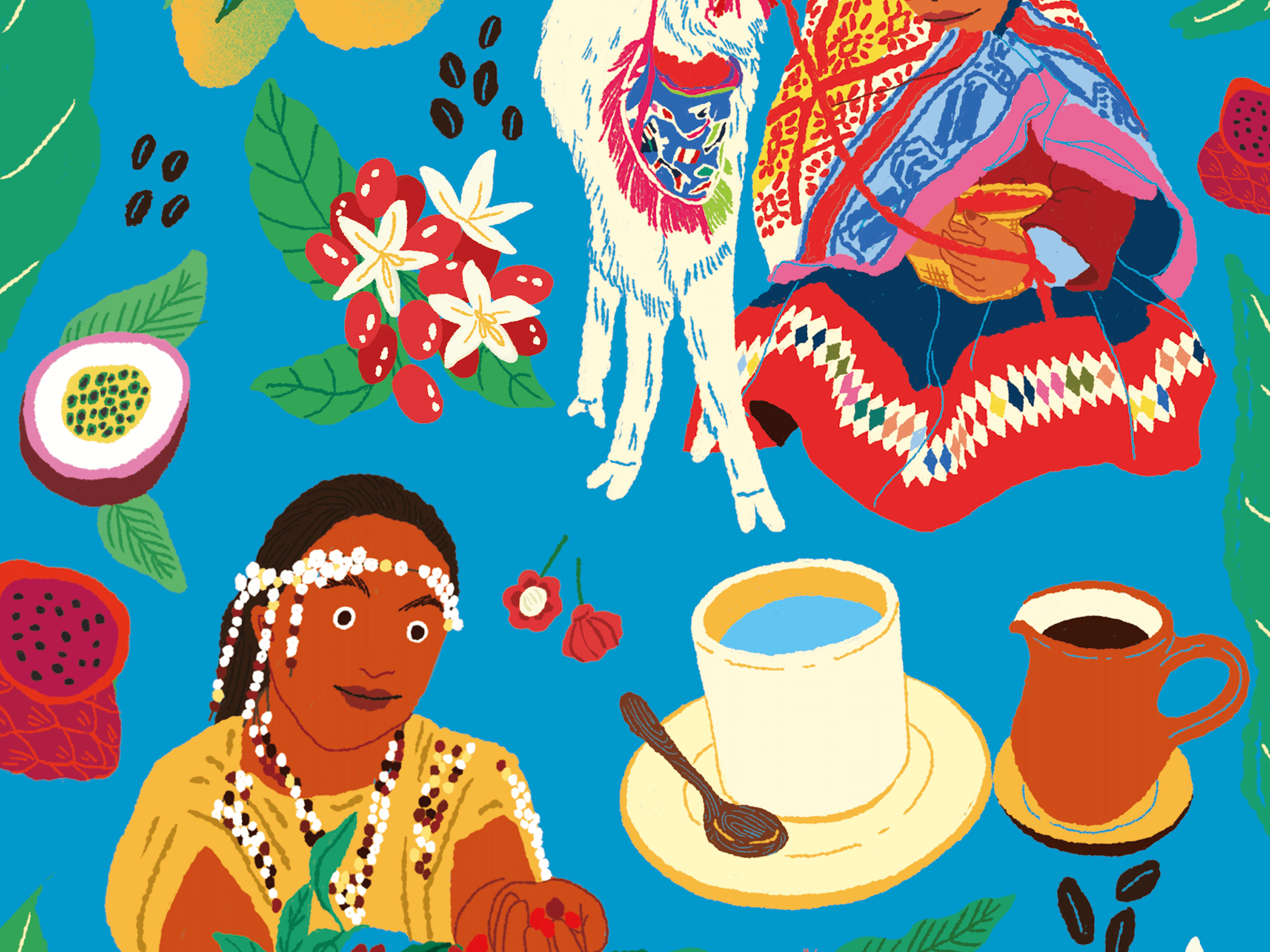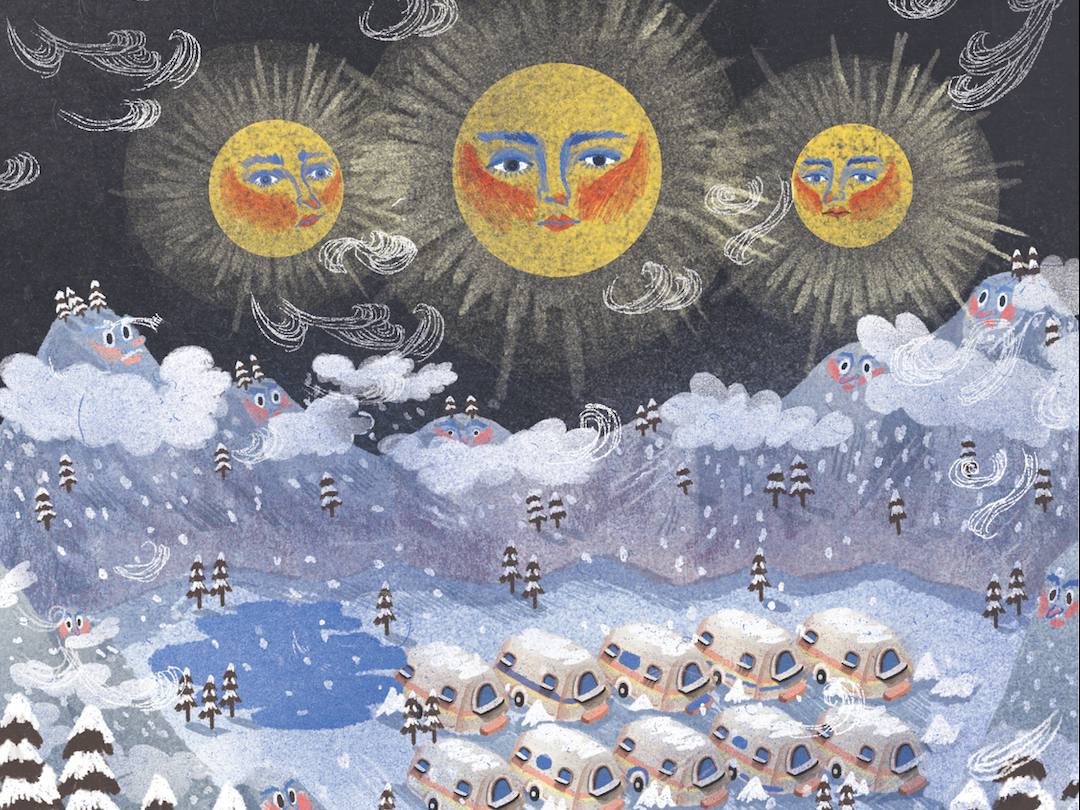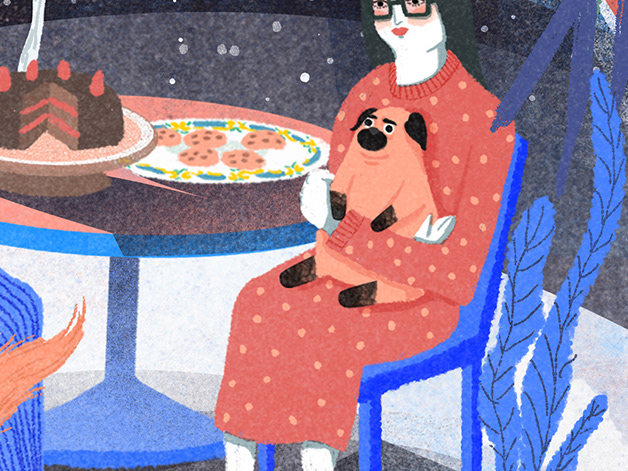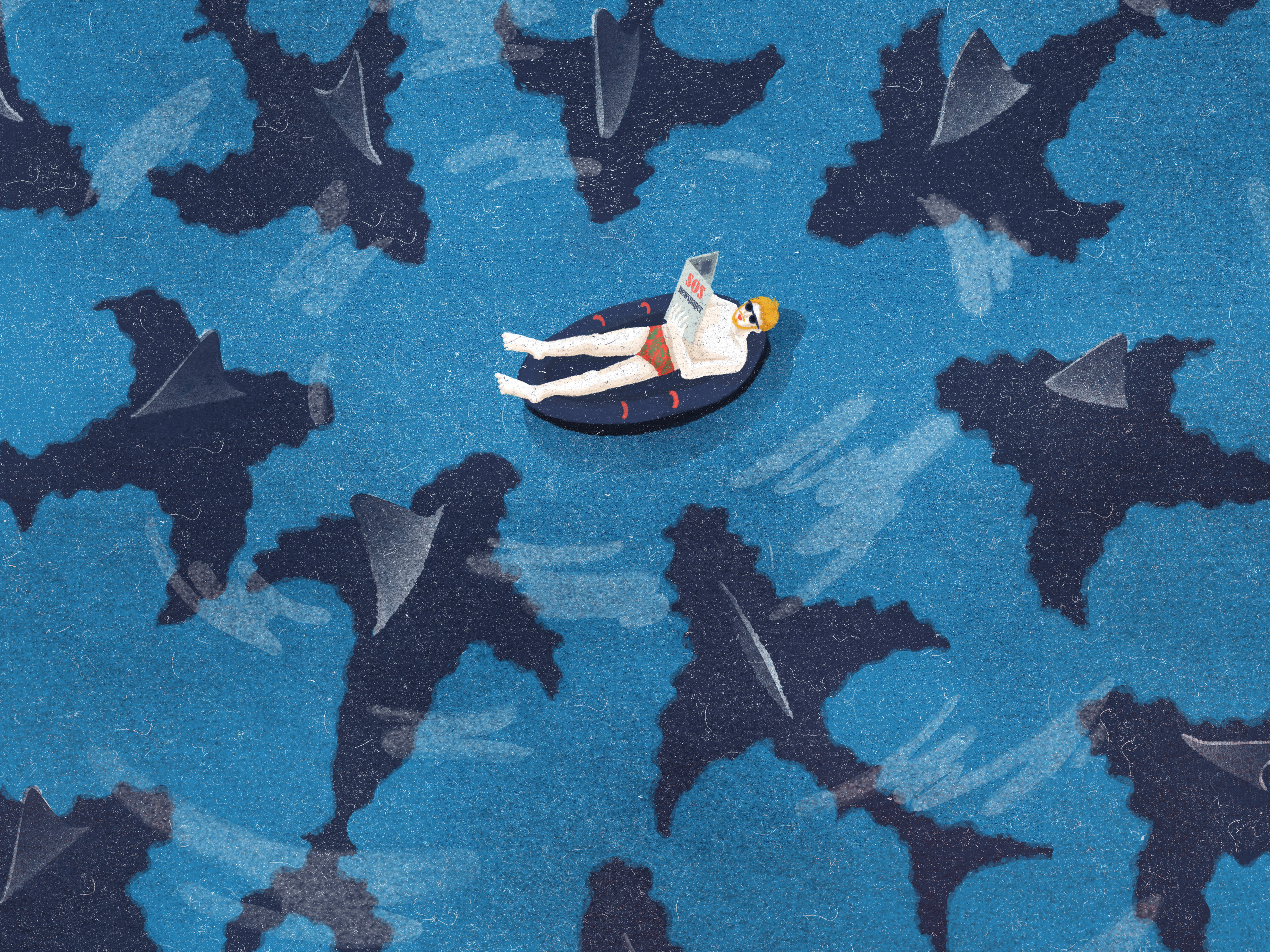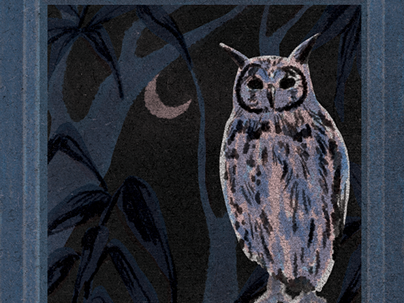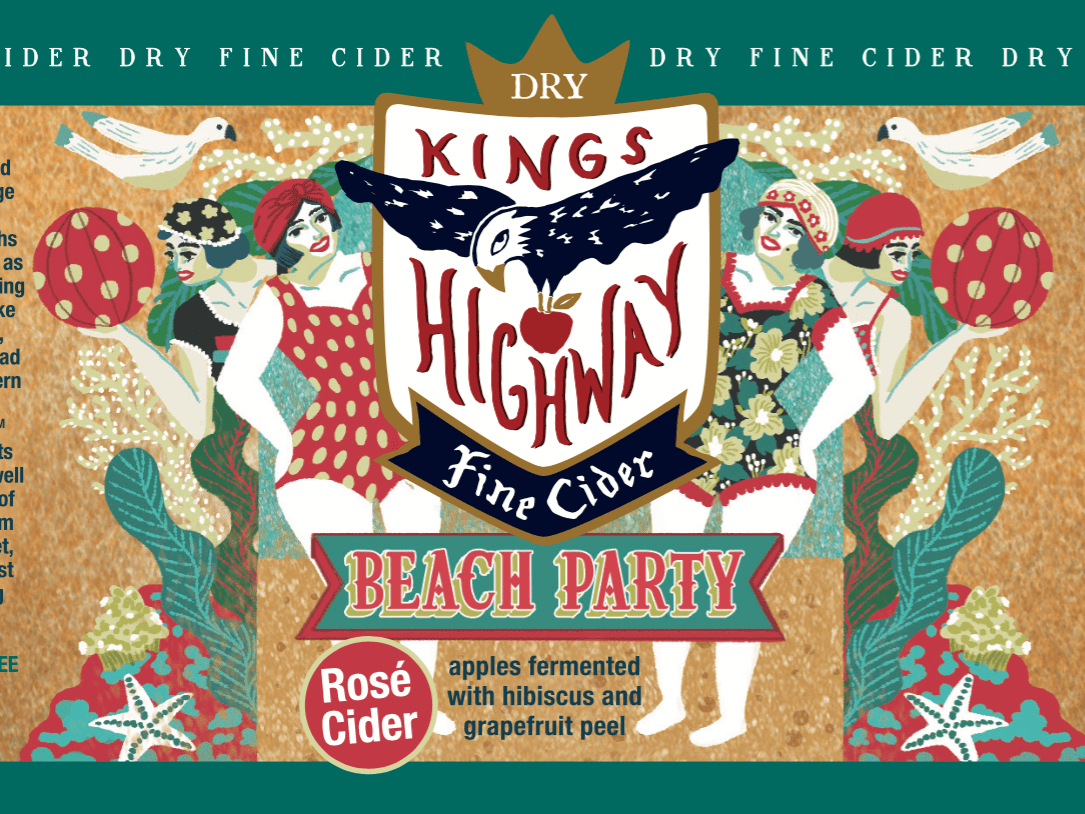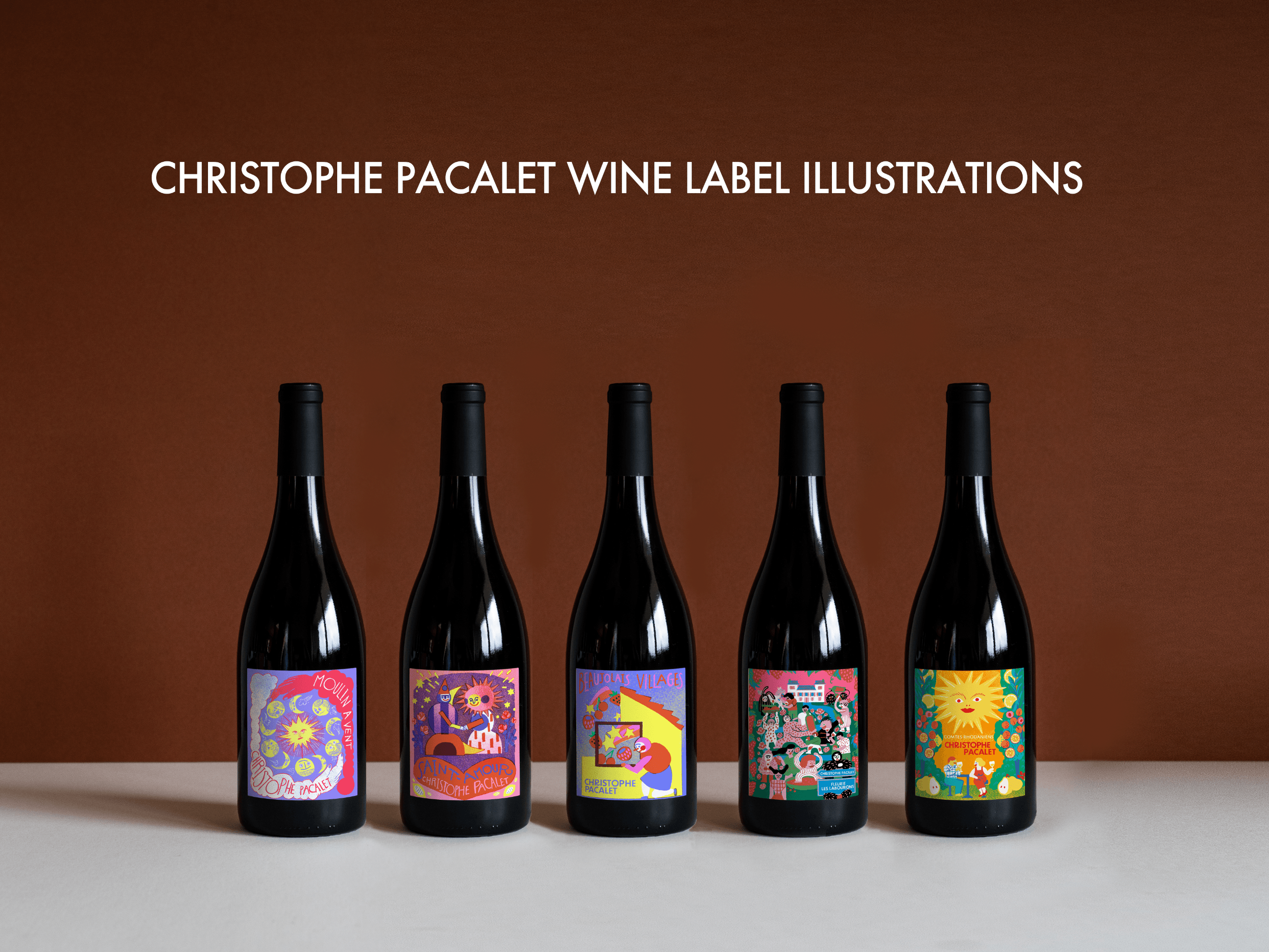Deep Web Traveller
In The Ends of Utopia, Krishan Kumar said that modern man could consume its own fantasy, and in doing so, create utopia. My work aims to explore this act of ‘Fantasy Consuming’ and investigate if the result of such an act is actually closer to the creation of further fantasy or paradise, rather than a utopia.
Considering capitalism, people can realize their own fantasy through the use of currency; however, we can't disregard the negative effects. It is impossible to be happy forever, so we can’t call fantasy consuming a utopia. Given this, we can see that modern ‘utopia’ also has dystopian properties —modern societal utopia could be argued to be a dystopia; the definition has become more ambiguous. Deep Web Traveller tells the story of modern anarchists, and how they realize their own utopia. The ‘deep web’ or ‘dark web’ is an uncharted part of the Internet that, due to its essentially untraceable nature, is a haven for various forms of illegal activity, such as drug trading, child pornography, snuff films, and beyond. When we consider the deep web, we generally only think about the negative aspects. However, I want to discuss its optimistic facets. The deep web can be a utopia for anarchists and dissidents. As governments cannot trace individuals, it serves as a safe platform for those who may be whistle blowing, or leaking news from countries experiencing conflict or with little freedom of speech and information.
